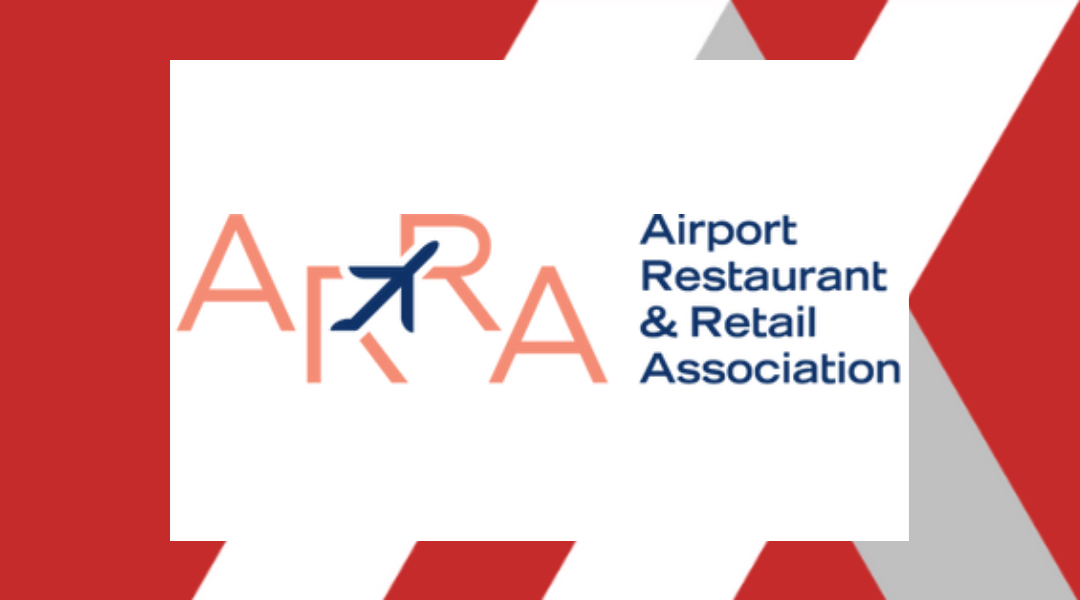Two airport concessions executives on Wednesday called for more and better communication and collaboration between concessionaires and individual airports as the industry looks to manage the recovery and eventual return to profitability.
The two individuals – Ingrid Hairston, vice president of properties and business development at Birmingham Airport Authority and Deven Judd, director of customer and concessions department for the Metropolitan Washington Airports Authority – discussed the Airport Restaurant & Retail Association’s (ARRA) latest paper, Facing Facts III: Survival, Revival and Braving the Future, on the industry call sponsored by the trade organization.
One particular area of concern, highlighted in the ARRA paper, is the inclusion of minimum annual guarantees in most airport lease agreements. During the pandemic and still today, concessionaires found the payments onerous given the drastically lower-than-expected enplanement levels. ARRA is pushing for continuing MAG waivers as concessionaires rebuild their businesses, and restructuring or eliminating MAGs going forward.
Hairston said she believes in airports “extending as much consideration as we can to our business partners,” and she acknowledges there are flaws in the current MAG model. But she still finds MAG to be relevant, noting “there are a number of legitimate reasons for the minimum annual guarantee.”
“I think there’s a lot of room for us to consider different models for how we address the minimum annual guarantee,” continued Hairston, who also chairs ACI-NA’s Commercial Management Committee.
“As we’re, we’re talking with airports and with business partners, there are airports that are considering not having a minimum guarantee as a going-forward model,” she said. “There are airports that are looking at [whether] there are other models that could be implemented to take that place. I think we’re so far field from what the minimum annual guarantee was originally intended to be. In some airports, it’s a very aggressive piece of the business plan for an agreement, and in other airports, it’s really right-sized, where the minimum annual guarantee is really in line with anticipated rent and doesn’t have automatic increases that are not based on performance. I’m excited that there are airports looking at different models.”
Both airport executives said that each airport needs to set an individual course based on its unique circumstances. Hairston stressed that because each airport is different, each is going to have a unique approach to the airport-concessionaire relationship going forward. She said the ARRA paper “synthesized fairly large and important topics down to something that’s chewable” but urged concessionaires to work with each individual airport for a solution.
“The way that I think we move forward is to recognize that these issues are occurring differently at different airports and the solutions for them may be different,” Hairston said. “Because we are not monolithic, that collaborative approach to the business partner relationship between airports and operators is just critical.”
Judd, who is also a member of the Airports Council International-North America (ACI-NA) Commercial Management Committee, says MWAA is eager to collaborate with concessionaires on a solution that is good for concessionaires but also protects the airport authority. “We’re trying to make sure we’re planning for the future and protecting for the future while also trying to ensure that our concessionaires are not going out of business,” he says.
Judd also pushed for ongoing discussions among all parties. “It’s up to me to speak to my management, but it’s also up to concessionaires to bring this to the airport, to continue to reach out,” he says. “There has to be a collaborative approach, and collaboration is everybody talks, not just one group reaching out.”
Hairston urged call participants to reach out to the ACI-NA committee, saying members “are genuinely looking for input on non-aeronautical revenue issues from our business partners and from our airports.”
The airport executives also discussed other facets of the ARRA paper, including the need for mid-term refreshes required by most contracts. Judd noted that “there is support to defer capital investments.” MWAA is considering a model whereby the expenditure isn’t dictated by the airport. Rather, concessionaires would be required to refurbish their locations to be “opening day fresh” without a spending requirement.
He again stressed the need for conversations with individual airports, saying collaboration is crucial on all key areas of concern. “We just need to continue the conversation,” he says. “I think there’s an appetite to be flexible. I think there’s an appetite to listen and actually appetite to sort of meet in the middle, with an understanding that each entity inside has their goals.”






